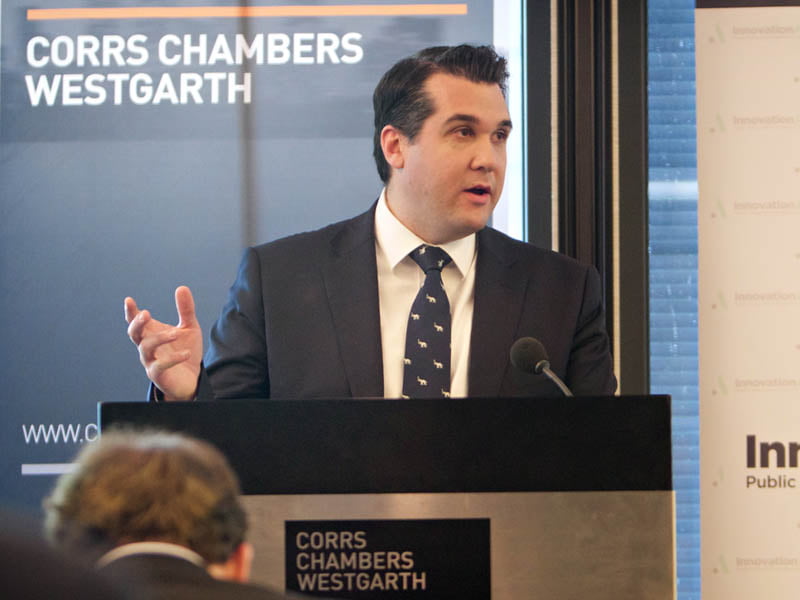The federal government has finally unveiled draft legislation to implement reforms to the Employee Share Scheme which it first announced four years ago, along with a further commitment contained in the 2020-21 budget .
Late last week Treasury released draft legislation for consultation on a series of regulatory and tax changes to the Employee Share Scheme (ESS). The legislation implements changes announced by the Coalition back in 2018, along with further reforms outlined in the May budget.
These reforms include the removal of the cessation of the employment taxing point for shares, a reduction in reporting obligations and an increased the cap on interest from shares eligible for relief.

“The reforms make it easier for businesses to offer ESS and will support Australian businesses to attract and retain the talent they need to compete on the global stage,” assistant Treasurer Michael Sukkar said in a statement.
“This means they will not unnecessarily incur regulatory costs associated with considering and complying with disclosure, licensing, anti-hawking, advertising and on-sale obligations.”
In 2018 the federal government announced a series of regulatory reforms for ESS in an effort to bring the scheme into line with global peers. Despite consulting widely on these changes with much support, the government never moved legislation in Parliament implementing them.
In the most recent federal budget, the Coalition revealed more plans to reform the ESS, focusing on the cessation of employment taxing point for shares under the program.
The budget signaled these changes would come into effect in 2023-24 at a cost of $345 million, and then $205 million in the following year.
The draft legislation covers both of these announcements, with the consultation open for a month until 25 August.
In terms of regulatory changes, requirements under the Corporations Act have been completely removed for ESS offers to employees who do not pay or incur debt to participate in the scheme.
The cap for which these requirements don’t apply has also been lifted from $5000 to $30,000 for all other offers.
A relaxation of the requirements to lodge disclosure documents and consolidation of exemptions and class order relief from disclosure, licensing and other requirements will also be rolled out.
“By removing these regulatory barriers, it will be easier for viable, but cash poor, businesses to hire employees with ESS offers, in addition to wages,” the draft explanatory memorandum said.
The tax reforms relate to the removal of the cessation of employment taxing point for the tax-deferred ESS available for all companies. Currently, employees are taxed on their shares issued under an ESS as soon as they leave the company, often forcing them to sell them to meet the tax liability.
Once the reforms are implemented, employees will instead be taxed at the earlier of the remaining deferred taxation points.
Do you know more? Contact James Riley via Email.

